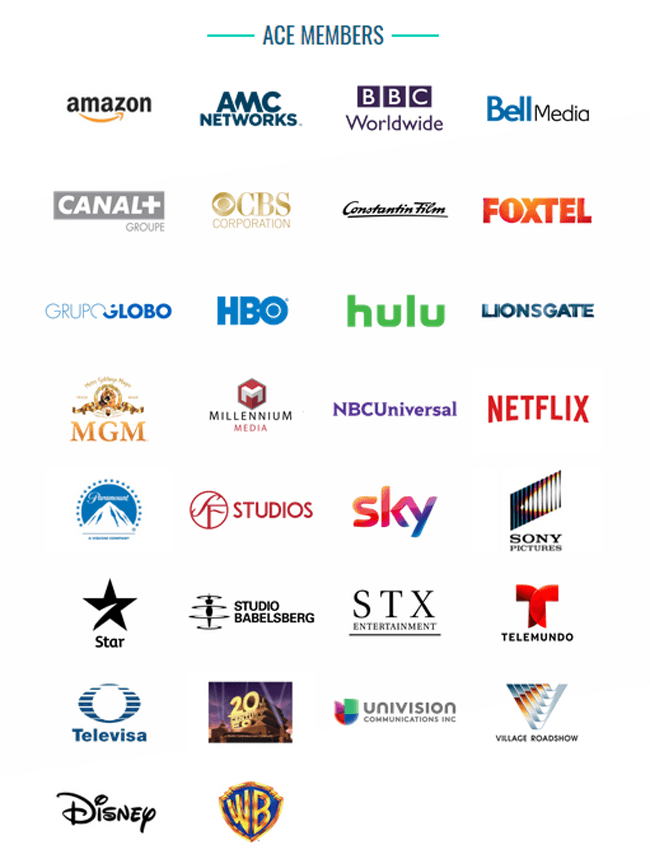 Instead of companies like the MPAA, Amazon, Netflix, CBS, HBO, BBC, Sky, CBS, Foxtel, and Village Roadshow tackling piracy completely solo, this year they teamed up to form the Alliance for Creativity and Entertainment (ACE).
Instead of companies like the MPAA, Amazon, Netflix, CBS, HBO, BBC, Sky, CBS, Foxtel, and Village Roadshow tackling piracy completely solo, this year they teamed up to form the Alliance for Creativity and Entertainment (ACE).
This massive collaboration of 30 companies represents a new front in the fight against piracy, with global players publicly cooperating to tackle the phenomenon in all its forms.
The same is true of CASBAA‘s Coalition Against Piracy (CAP), a separate anti-piracy collective which to some extent shares the same members as ACE but with a sharp of focus on Asia.
This morning the groups announced the results of a joint investigation in Australia which targeted a large supplier of illicit IPTV devices. These small set-top boxes, which come in several forms, are often configured to receive programming from unauthorized sources. In this particular case, they came pre-loaded to play pirated movies, television shows, sports programming, plus other content.
The Melbourne-based company targeted by ACE and CAP allegedly sold these devices in Asia for many years. The company demanded AUS$400 (US$305) per IPTV unit and bundled each with a year’s subscription to pirated TV channels and on-demand movies from the US, EU, India and South East Asia markets.
In the past, companies operating in these areas have often been met with overwhelming force including criminal action, but ACE and CAP appear to have reached an agreement with the company and its owner, even going as far as keeping their names out of the press.
In return, the company has agreed to measures which will prevent people who have already invested in these boxes being able to access ACE and CAP content going forward. That is likely to result in a whole bunch of irritated customers.
“The film and television industry has made significant investments to provide audiences with access to creative content how, where, and when they want it,” says ACE spokesperson Zoe Thorogood.
“ACE and CAP members initiated this investigation as part of a comprehensive global approach to protect the legal marketplace for creative content, reduce online piracy, and bolster a creative economy that supports millions of workers. This latest action was part of a series of global actions to address the growth of illegal and unsafe piracy devices and apps.”
Neil Gane, General Manager of the CASBAA Coalition Against Piracy (CAP), also weighed in with what are now becoming industry-standard warnings of losses to content makers and supposed risks to consumers.
“These little black boxes are now beginning to dominate the piracy ecosystem, causing significant damage to all sectors of the content industry, from producers to telecommunication platforms,” Gane said.
“They also pose a risk to consumers who face a well-documented increase in exposure to malware. The surge in availability of these illicit streaming devices is an international issue that requires a coordinated effort between industry and government. This will be the first of many disruption and enforcement initiatives on which CAP, ACE, and other industry associations will be collaborating together.”
In September, TF revealed the secret agreement behind the ACE initiative, noting how the group’s founding members are required to commit $5m each annually to the project. The remaining 21 companies on the coalition’s Executive Committee put in $200,000 each.
While today’s IPTV announcement was very public, ACE has already been flexing its muscles behind the scenes. Earlier this month we reported on several cases where UK-based Kodi addon developers were approached by the anti-piracy group and warned to shut down – or else.
While all complied, each was warned not to reveal the terms of their agreement with ACE. This means that the legal basis for its threats remains shrouded in mystery. That being said, it’s likely that several European Court of Justice decisions earlier in the year played a key role.





